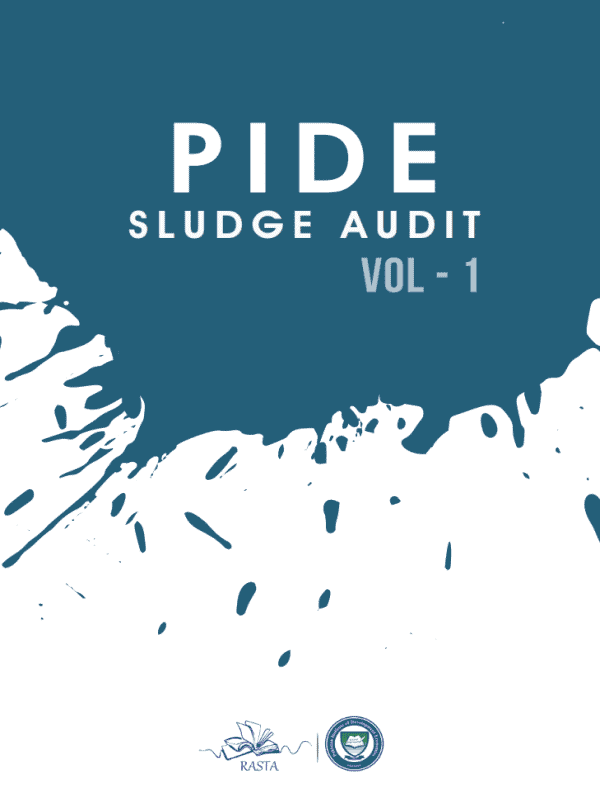PIDE SLUDGE AUDIT VOL – 1
WHAT IS SLUDGE IN THE ECONOMY?
Social scientists use the term sludge for excessive or unjustified frictions that make it difficult for people to achieve what they want to or to do as they wish (Sunstein, 2021). These frictions make processes difficult to navigate and entail burdens.
Examples of the sludge include:
- Complicated application forms.
- Duplicative paperwork.
- Waiting in queues to get a task done.
- Time consumed in seeking registrations, licenses, certificates, and other permits (RLCOs).
- Securing attestations/verifications.
All interactions between individuals seeking a service from institutions, both public and private, involve sludge. In an interaction between a citizen and a public institution, sludge is simply the administrative burden borne by a citizen.
Herd and Moynihan (2018) elaborate that these administrative burdens occur in the form of learning cost (the cost that people encounter when they search for information about a service), compliance cost (related to compliance with rules and requirements), and psychological cost (related to the experience of stress, loss of autonomy, or stigma).




